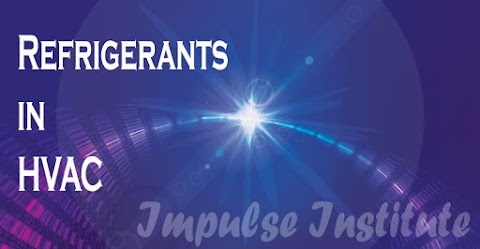What type of AC systems are available?
Cooling Only
Split-System
A split system is a combination of an
indoor air handling unit and an outdoor condensing unit. The indoor air
handling unit contains a supply air fan and an air-to-refrigerant heat
exchanger (or cooling coil), and the expansion device. The outdoor condensing
unit consists of a compressor and a condenser coil. Split-systems are typically
found in residential or small commercial buildings. These systems have the
highest energy efficiency rating (EER) of all the available AC systems.
Manufacturers are required to take the EER rating a step further and provide a
seasonal energy efficiency rating (SEER) for use by consumers. SEER ratings
vary widely and range from 10 to 20. The higher the SEER rating, the more
efficient the AC system operates. If heating is required, an alternate method
of heating the interior of the building must be used, usually in the form of
electric or gas heating.
Cooling Only Packaged-System
Cooling Only Packaged-System
A packaged system is a single unit
combining all the components described in the split system. Since the unit is a
package, it must be placed outside the building and indoor air is “ducted” from
the building to the packaged system and back through an air distribution
system. These units typically have SEER rating from 10 to 18. If heating is
required, an alternate method of heating the interior of the building must be
used, usually in the form of electric or gas heating.
Heat Pump
Heat pumps are similar to cooling only
systems with one exception. A special valve in the refrigeration piping allow
the refrigeration cycle to be operated in reverse. A cooling only system cools
the indoor air and rejects heat to the outdoors. A heat pump can also cool the
indoor air, but when the valve is reversed, the indoor air is heated. A
supplementary electric resistance heater may also be used to assist the heat
pump at lower outdoor temperatures. In colder climates, heat pumps require a
defrost period. During defrost times the electric heater is the only means of
heating the interior of the building. These units are manufactured as either
split or packaged systems.
Chilled
Water System
In a chilled water system, liquid water
is pumped throughout the building to “chilled water coils”. Since the liquid
water needs to be at a cold temperature, a “cooling plant” is required. The
plant is typically referred to as a chiller plant. Vapor compression equipment
in the plant, similar to that described in “How does my AC work”, cool water to
a cold temperature and pump the cold water to air-to-water heat exchangers
where needed.
Window Air
Conditioners
As the name implies, a window air
conditioner is typically installed in a window or custom opening in a wall. The
Window AC can only cool small areas and are not intended to provide cooling to
multiple rooms or zones. These air conditioners are manufactured as cool only
or can provide both cooling and heating. An optional damper in the unit can
provide fresh outdoor air if necessary.
Packaged
Terminal Heat Pump
Packaged terminal heat
pumps (PTHP) are are similar to a window-mounted air conditioner. These units
are typically installed in a sleeve passing through the outdoor wall of an
apartment, hotel, school classroom, etc. PTHPs are completely self contained
and require only an electrical connection in addition to the opening in the
building shell. They use the outdoor air as the heat source in winter and as a
heat sink in summer. They also can provide ventilation air. Flexibility and
lower installed cost are the primary advantages of the PTHP. Disadvantages
include in-room maintenance, higher operating cost, relatively short life,
imprecise "on-off" temperature control, and they can be rather noisy.
_
Best MEP HVAC E-Learning portal | Free MEP notes , Tutorial and presentation.
Best MEP HVAC E-Learning portal | Free MEP notes , Tutorial and presentation.



0 Comments